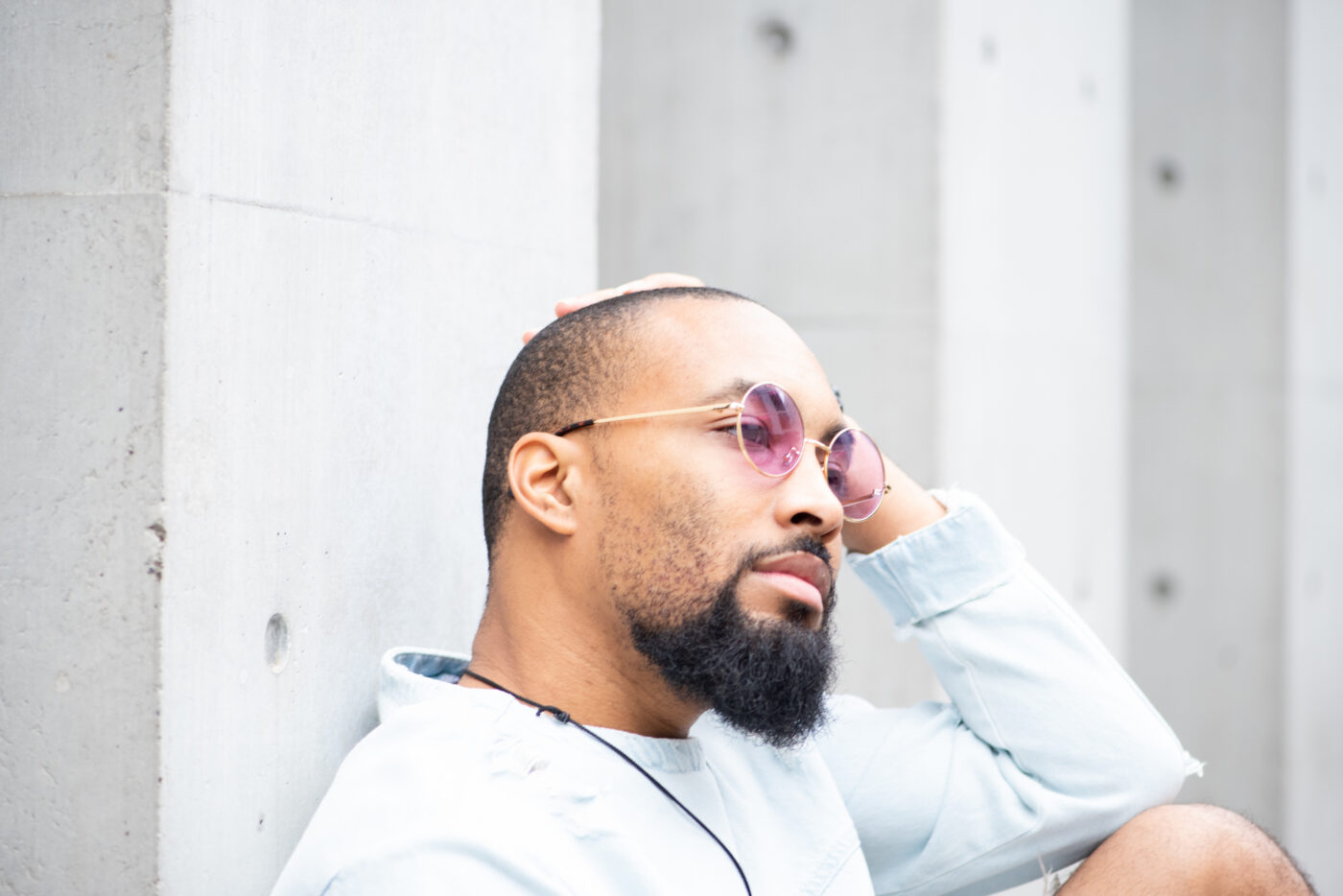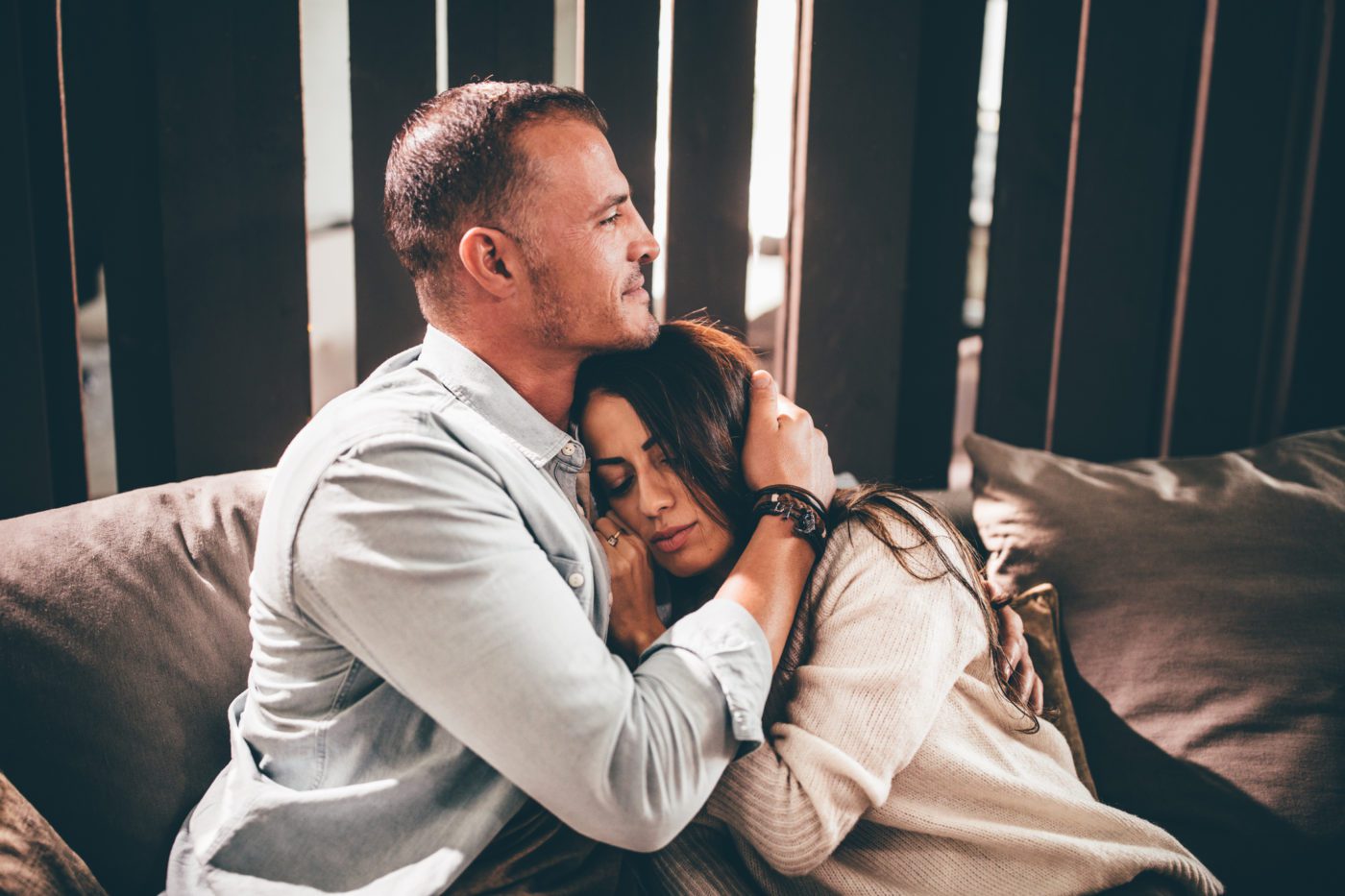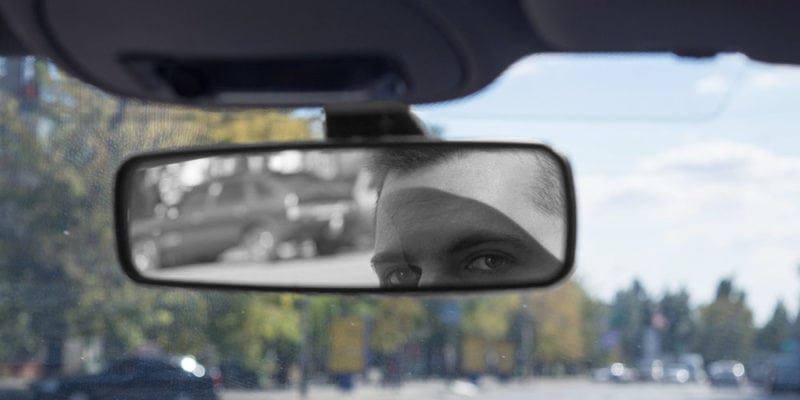In the movie The Mission, the character Rodrigo Mendoza is a mercenary in Paraguay in the 1750s. He routinely kidnaps local indigenous people called the Guarani and sells them into slavery. After killing his own brother, he falls into deep depression and is approached by a missionary Jesuit priest. The priest convinces him to do a penance. He must carry his heavy weapons and armor through the jungle. The journey’s grueling, but Mendoza refuses to let go of his heavy baggage.
When they finally reach the Guarani people in the jungle, they recognize Mendoza immediately. One of the warriors pulls a knife, runs to Mendoza, and grabs him. The warrior holds the knife close to Mendoza’s face, remembering all the indelible anguish this man caused. The Guarani leader shouts an order and the warrior moves quickly to action. He cuts the rope and pushes the collection of armor over a cliff. The Guarani offer forgiveness instead of death, freedom instead of the weight of pain and captivity.
Like what Mendoza carried through the jungle, past hurts weigh us down. They nurture bitterness, anxiety, and fear, distorting our view of the world. We need to let them go. This is incredibly difficult, especially when the pain is deep or traumatic. But it is possible and worth the work. Here are 5 ways to let go of past hurts.
1. Face them.
You may have an instinct to avoid the pain or shove it down deep with the hope that it will eventually disappear. That’s essentially like taking a corpse, putting it under the rug in living room, and pretending it isn’t there. You have to face the fact that it’s there and that it’s affecting you. Having something that has hurt you doesn’t make you weak; it makes you human. We all have hurts. What we do with them determines a lot. You need to gain clarity on what happened to you and the impact it had.
2. Mourn.
Part of facing the hurt is mourning what it actually did. Give yourself permission to feel the hurt if you haven’t before. Be sad or angry. Cry if you feel like it. Whatever caused the hurt may have sent you in a direction you didn’t want to go or messed up a dream you had. So mourn what’s been lost. This may take a significant amount of time. Be patient with the process and yourself as you work through it. You don’t need to rush.
3. Talk about them.
In Mark 5:25–34, Jesus encounters a woman who had been suffering a physical illness, which had gotten worse while under the care of many different doctors. Exhausted over years of failed attempts to get better, having her hopes dashed time and again, she risks going to Jesus. She touches his cloak and is instantly healed. When Jesus stops and asks who touched him, she falls at his feet and he stands patiently and lovingly as she tells her whole story. Hurt has a way of losing its power when we get it out in the open. Talking about it will help you unpack it and gain clarity.
4. Get wisdom and perspective.
When you talk about your hurts, only talk about them with people who have earned your absolute trust and will have a healthy perspective. Seek out people with experience and wisdom who are good listeners. Beware of telling people who sow dissention or give advice quickly and with limited information. There should be one or two unbiased people in the mix. Depending on your level of hurt, you may want to talk to a professional counselor.
5. Forgive.
This is the hardest one but the one that will bring the greatest healing and freedom. Forgiving doesn’t mean saying whatever somebody did to you is OK or that the person who did it is released from consequences. It’s saying that you will no longer hold the offense against the person. Proverbs 17:9 says, “He who covers a transgression seeks love, but he who repeats a matter separates friends.” I don’t know about you, but seeking love in my life always feels like the best option.
Sound off: Do you have additional advice on how to let go of past hurts?











Huddle up with your kids and ask, “What do you do when you feel hurt?”